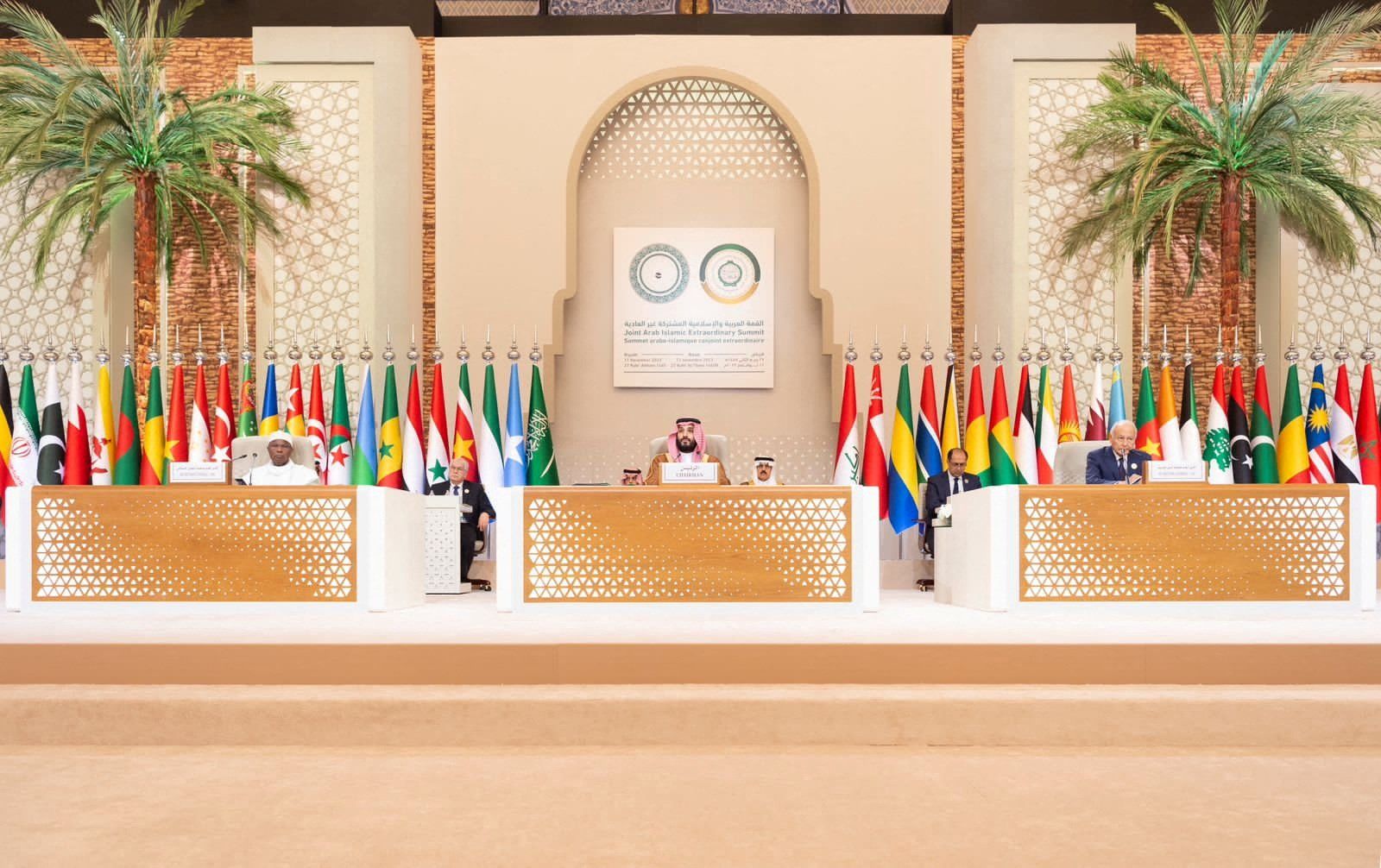In Riyadh, Saudi Crown Prince Mohammed bin Salman (widely known as MBS) hosted a joint Arab League and Organization of Islamic Cooperation summit, whose leaders on Saturday called for an immediate halt to Israel’s “barbaric” military assault in Gaza — stopping short of imposing political or economic sanctions on Israel.
Why the mixed message? The Hamas attack on Israel and Israel’s military response in Gaza have put MBS in a bind. The king-in-waiting’s top priority remains the modernization of his kingdom and its economy. That’s the central purpose of his Vision 2030 project to diversify the Saudi economy away from its longtime dependence on oil exports for growth and revenue.
Before Hamas attacked Israel on Oct. 7, Saudi officials were working toward a historic deal to normalize relations with Israel that could help stabilize business relations in the region and boost relations with the United States, a plan MBS hopes might include some form of US security guarantee and material support for a Saudi nuclear energy project.
The war in Gaza brought that bargaining to an abrupt halt. US and European officials want the Saudis to help finance and police a post-Hamas Gaza, but MBS has no interest in assuming those costs and risks. He also considers Hamas an ally of Islamist terrorist groups who threaten the Saudi government.
Some in the Muslim world, meanwhile, want the Saudis to punish Israel and its chief backer, the US, for the deaths of Palestinian civilians in Gaza by cutting oil exports that would push prices sharply higher. But major oil customer China, grappling with a serious economic slowdown, won’t be happy if the Saudis send near-term prices soaring. The delicate dance continues.
